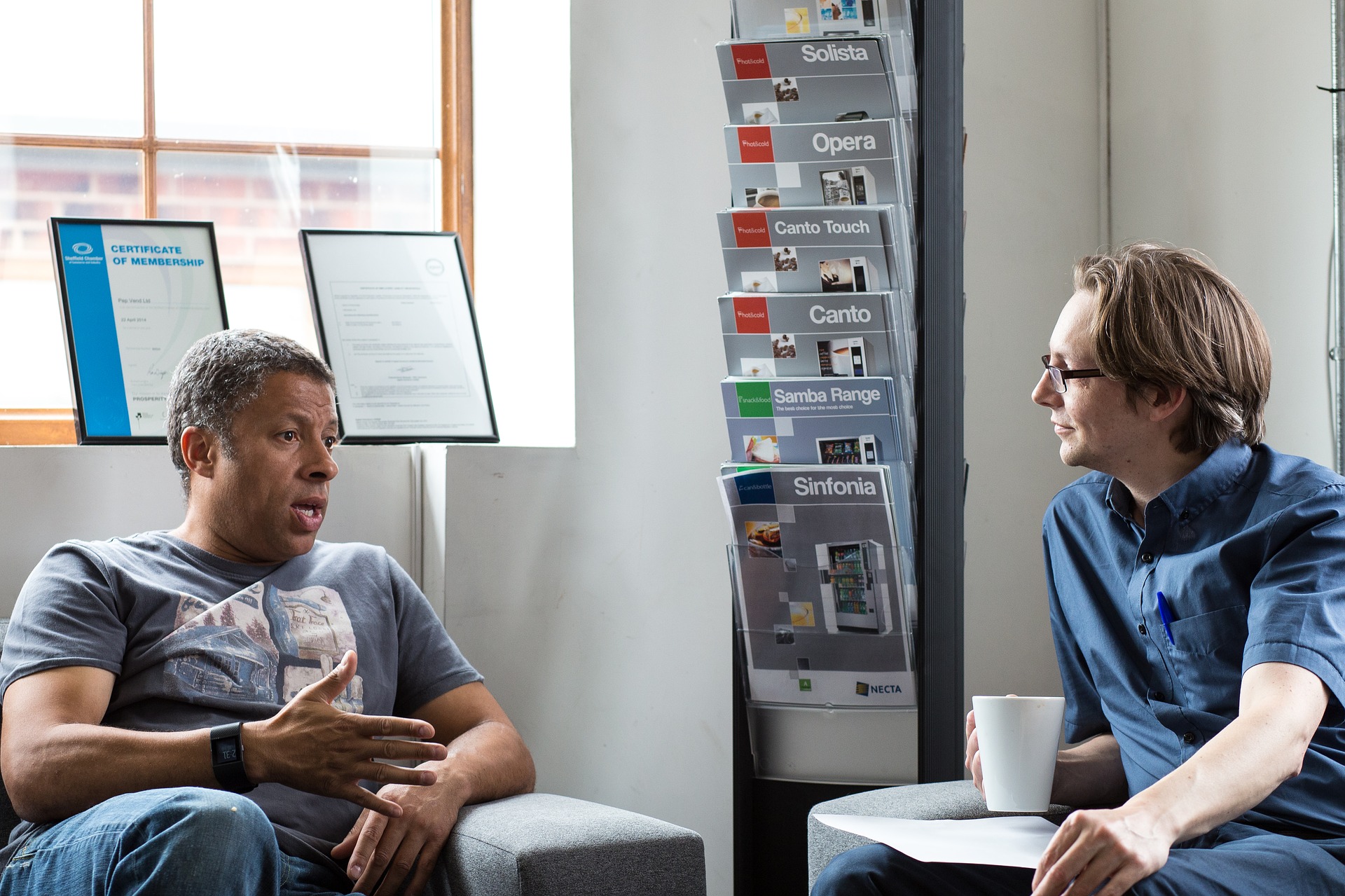The Importance Of Active Listening
Winston Churchill said, “Courage is what it takes to stand up and speak; courage is also what it takes to sit down and listen.”
We have all heard that most Americans fear public speaking more than they fear death but, until I read the Churchill quote, I’d never thought that it takes courage to listen.
Most of us would rather talk than listen even when we have nothing really important to say. Maybe it is a little dramatic to say it takes courage to listen but listening is certainly an extremely important communication skill and one that is vital to success in business or in life. HR professionals must be good listeners. Think about all the things we do where being a good listener makes or breaks a situation.
Interviewing is a prime example. We know how important it is to bring the right people into our organizations so carefully listening when selecting a new staffer is critical. Being a good interviewer means being totally focused on hearing what the applicant says so you can make an informed decision on whether they will fit your culture and have the skills to do the job.
HR professionals must be good listeners when coaching or counseling employees. You know that moment when an employee shows up at your door and asks for help. Being a good listener is vital to working through their issue. Good listening is an active process. It is not just being quiet until the other person stops talking so you can respond. Good listeners interact with the speaker and ask questions. Good listeners watch for verbal cues while processing the words they are hearing. Good listeners listen for what’s not being said. Some call this listening for the music and not just the words. In The Essential Workplace Conflict Handbook, an entire chapter is devoted to the importance of good listening skills in managing workplace conflict. We talk about how to use active listening, gestures, eye contact, and reflective listening skills to improve the listening experience. Most of all, commit yourself to being courageous and becoming an even better listener. And observe how this improves both your work and personal relationships. Let’s face it: it takes courage to be a good listener. Lytle EAP Partners helps HR professionals manage their own difficulties in dealing with their employees.
Click here to learn more about our organizational training and development solutions.
Our guest blogger, Barbara Mitchell is an author, speaker, business coach, and human resources and organization development consultant. She now is Managing Partner of a consulting practice focused on helping organizations hire, engage and retain the best talent possible. In addition to The Essential Workplace Conflict Handbook, Barbara has also coauthored The Big Book of HR and The Essential Human Resources Handbook. She has also contributed to three other business and human resource related books. She is a frequent speaker at local, regional, and national conferences.


